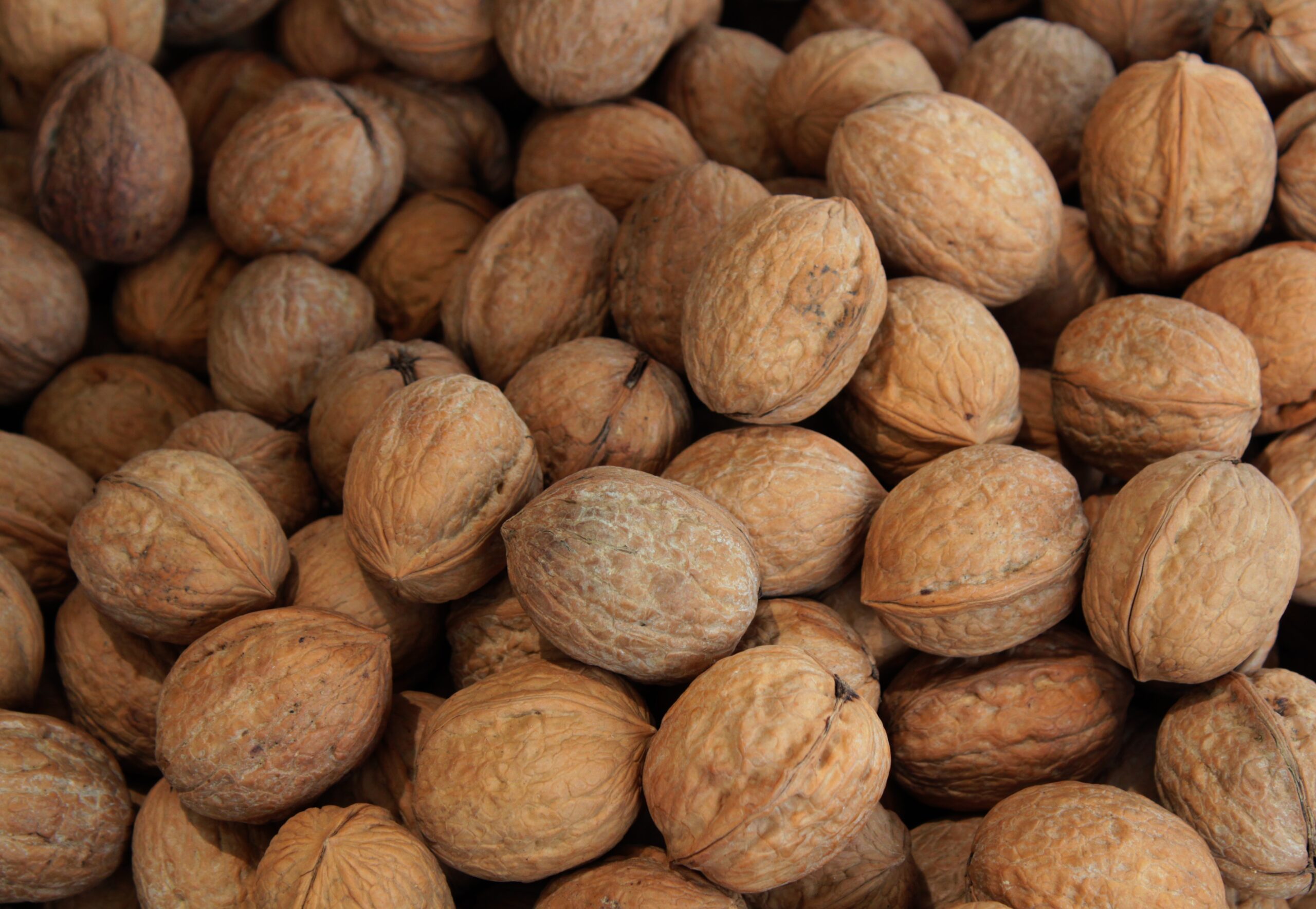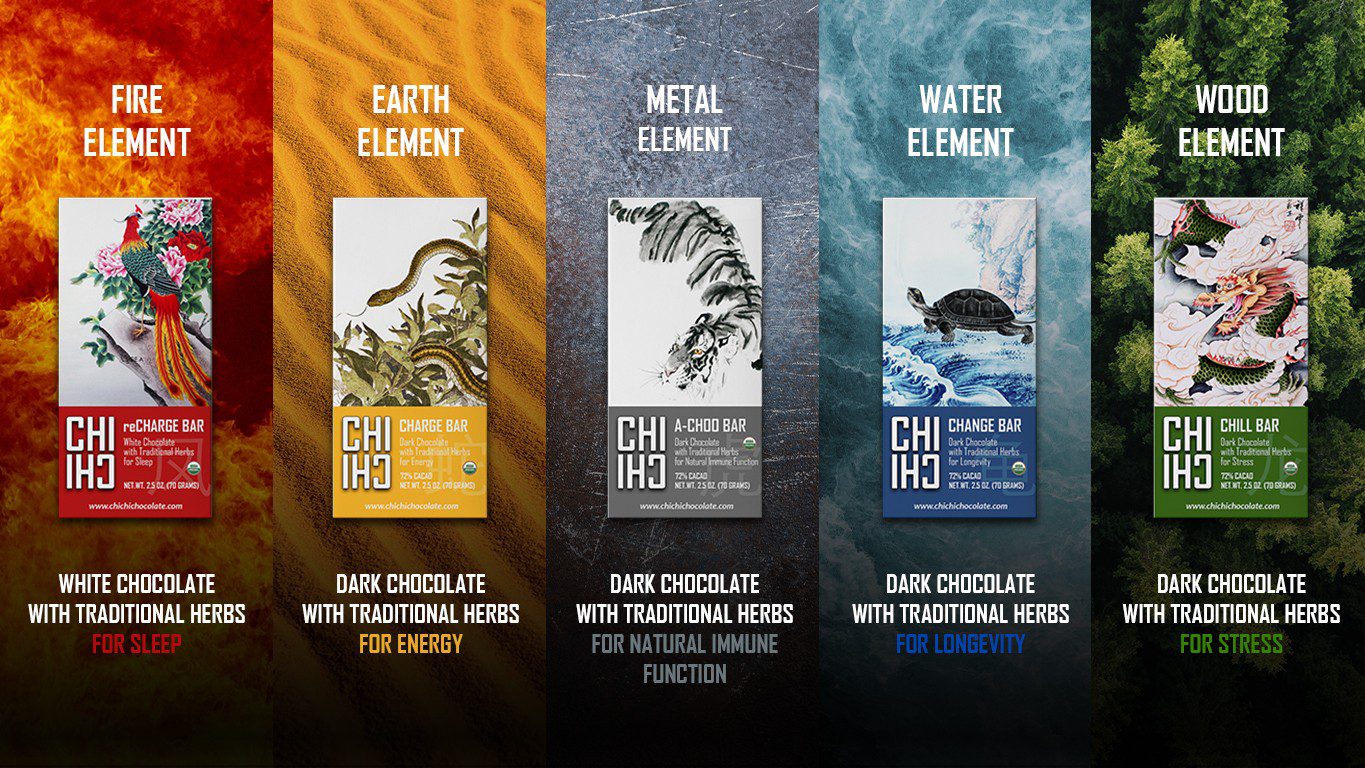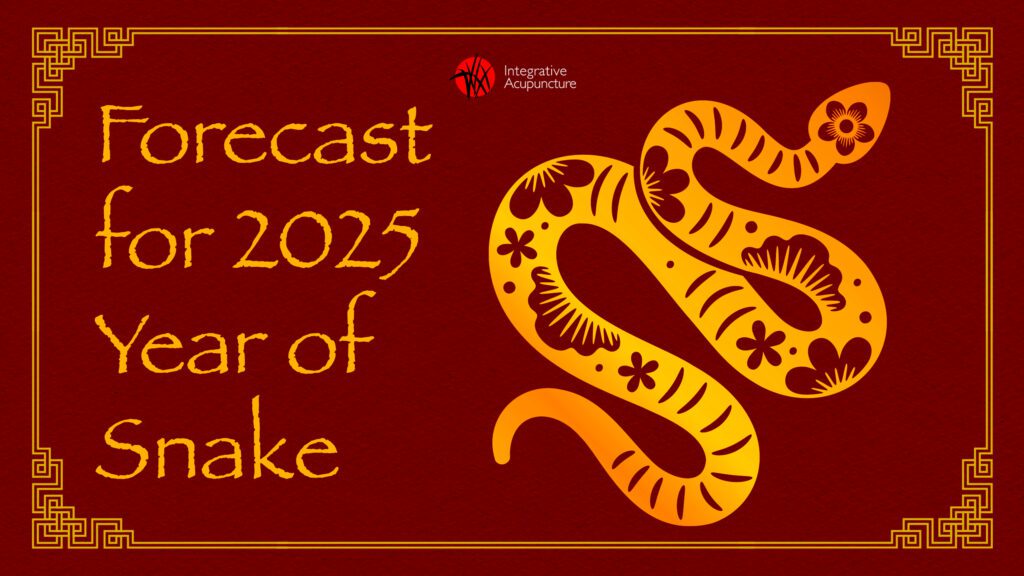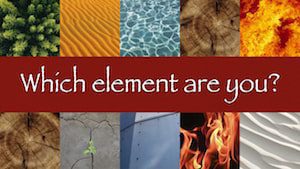If you notice an increase in facial hair on men during November, it’s not just because they’re preparing for winter. Many people grow a beard/mustache for what’s colloquially known as “Movember.” This is an annual charity event that takes place each November to raise awareness for prostate cancer.
The prostate is a walnut sized gland that sits at the base of the bladder and surrounds the urethra. Over time, hormones weaken and the prostate enlarges. Swelling of the prostate can put pressure on the bladder and urethra, affecting the flow of urine. This can lead to some common symptoms associated with prostate issues.
Symptoms can include:
- Frequent/urgent urination
- Difficult, weak, or interrupted urination
- Painful/burning urination
- Painful ejaculation
- Blood in urine/semen
- Pain/stiffness in lower back/hips/upper thighs
An enlarged prostate (also know as BPH: Benign Prostatic Hyperplasia) is a common issue for men, especially over the age of 50. It is not a direct correlation, although there can be similar etiologies (at least from a Chinese Medicine perspective).
Typically in Traditional Chinese Medicine (TCM), the main patterns that are found in people with prostate enlargement are kidney-deficiencies and “qi and blood stasis in the lower burner.” This can lead to “damp-heat.” The kidney deficiency is related to aging and the decline of sexual function and sex hormones. The kidney deficiency can contribute to the decreased circulation of blood and energy in the lower abdominal area, known as the “lower burner.” This stagnation can allow pathogens or toxins to accumulate, setting up an area of inflammation or “damp heat.”
Similarly, in prostate cancer, this combination of deficiency and stagnation can lead to congestion of harmful energy in the prostate.This can progress into an even more concentrated condition of excess known as toxic-phlegm. In general, tumors (according to TCM) are related to this buildup of toxic-phlegm in the body.
While treatment in Western Medicine differentiates between the prostate issue being benign or cancerous, TCM differentiates between the pattern of imbalance.
Some people presenting with a prostate issue may have more of a deficiency with symptoms like fatigue and a dull, achy low back pain, while others present more of qi and blood stagnation with irritable moods and stabbing pain. Some may show signs of dampness, heat, or toxicity, with a thick, yellow or green coat in the back of their tongue. A skilled TCM practitioner can recognize overlapping patterns and navigate a correct course of treatment. For patients actively treating cancer with Western approaches such as chemotherapy and radiation, acupuncture can play a supportive role and help mitigate side effects of conventional treatment. In a large retrospective study in Taiwan, prostate cancer patients who use complementary TCM in treatments had significantly lower mortality.
Prevention:
Prevention of prostate issues in Chinese Medicine is all about preserving kidney qi and promoting qi and blood circulation while avoiding environmental toxins through healthy living. Getting adequate rest and regular exercise is essential. Managing stress is also important, as emotional frustrations are one of the main internal causes of stagnation. Avoid processed foods while including some prostate-supportive foods like seeds, mushrooms, and berries. Various herbal formulas are helpful–depending on presentation. Two of the common herbs for prostate health are Reishi Mushrooms (Ling Zhi), and Phellodendri Cortex (Huang Bai). Reishi Mushrooms have qualities that promote general health and immunity. Phellodendri Cortex is an herb that’s useful in clearing “damp-heat from the lower burner.”
November–or Movember– the perfect time to address concerns your prostate health. Acupuncture is also helpful in maintaining a healthy system to prevent problems in the future. Schedule an appointment today!








